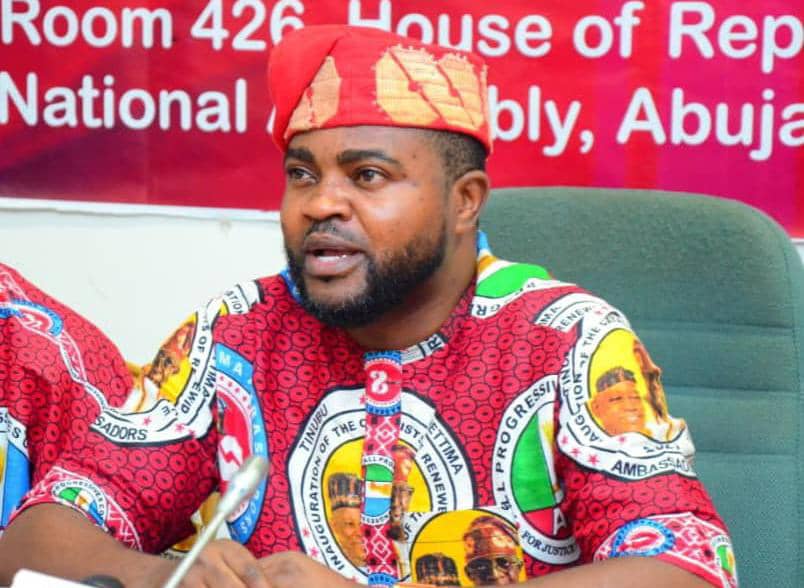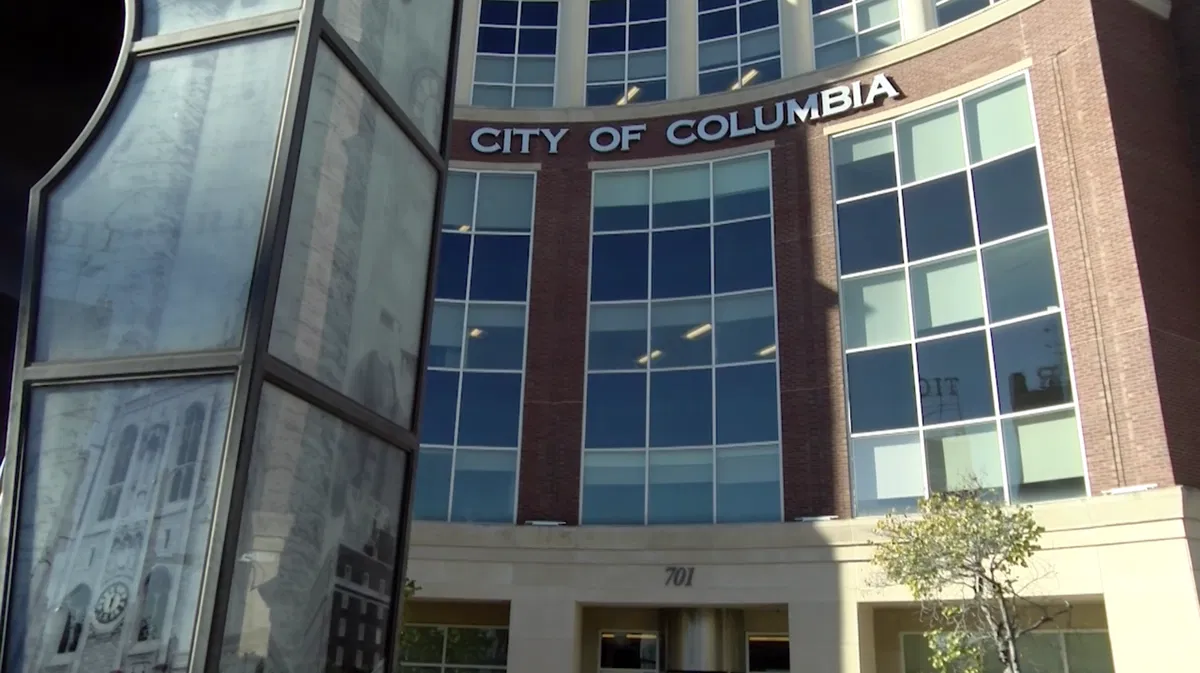By Kingsley Joshua
Copyright independent

Kingsley Joshua
ABUJA : President Bola Tinubu has been commended for his bold steps on issues of local government autonomy and reforms in the nation`s tax systems.
The Director-General, Tinubu-Shettima Ambassadors, Prince Oyelude Oladele, on Thursday said that the president’s decision to give local governments control over their finances is a critical and overdue change.
He noted that if the President was thinking only about the next election, he wouldn`t have attempted the reforms he is pursuing, adding that Tinubu was looking beyond his second term.
Oladele who appeared on TVC`s News Morning Show described the intervention on local government autonomy as historic, though he highlighted what he considered as challenges that the government may face in implementing the policy.
Oladele commended President Tinubu for taking a courageous risk by championing local government financial autonomy, despite the political risks it carries. “This is a bold move.
“For years, local governments across Nigeria have struggled with financial constraints, and their autonomy has often been undermined by state governments, who control funds through joint accounts.
Past leaders have failed to do this, but President Tinubu’s leadership is showing that he is serious about empowering the grassroots.”
On imminent challenges in implementation, he decried that even though funds are being allocated to local governments, they don`t reach them directly.
“In Osun State, where I come from, local governments receive over 300 million Naira a month, but this money is not going directly to the local governments. Instead, it goes through a joint account with state governors,” Oladele explained.
This system, he argued, “dilutes the intended impact of the autonomy and has led to inefficient use of funds, despite the substantial financial allocations.
“The allocation should be going directly to local governments, but there is a bottleneck at the state level, where governors control the spending,” Oladele added.
He stressed that until local governments have direct access to these funds, the autonomy will not be fully realized, and the people at the grassroots will not benefit as they should.
Oladele also pointed to the lack of basic amenities in many local governments, despite the significant amounts of money they receive. “In my local government, Ayedire, despite receiving these large allocations, we have no roads, no clean water, and no infrastructure to show for it. If local governments were empowered to manage their funds directly, the people could hold their leaders accountable,” he argued.
The good governance advocate described the federal government`s tax reforms as a critical step toward financial sustainability, comparing Tinubu’s courage in tackling taxation and the removal of subsidy on fuel against the reluctance of past administrations.
He emphasized that the removal of fuel subsidies has boosted allocations for federal, state, and local governments, and if these funds are used correctly at the grassroots level, they could contribute to improving security.
“Tinubu’s decisions demonstrate a long-term vision for the country, one that focuses on improving the fiscal health of Nigeria. Previous leaders were afraid to tackle these difficult reforms, but Tinubu has shown the political courage to address them head-on,” Oladele stated.
According to him, the government`s tax reforms are equitable and beneficial to ordinary Nigerians, especially low-income earners.
“The new tax system will eliminate the multiple taxes that Nigerians have been burdened with, and it will ensure that everyone contributes fairly. Low-income earners will be exempt, making the system more just,” Oladele explained.
On insecurity, the Director-General, Tinubu-Shettima Ambassadors acknowledged that while the administration has made strides in tackling insecurity, challenges persist, particularly with the approaching election season.
Oladele suggested that while federal agencies like the military and police have worked hard to eliminate terrorist and bandit groups, local governments must also play a role in maintaining security.
“The money allocated to local governments should be properly utilized, not only for development but for security as well. If it goes directly to the local governments, the community will be safer, and the people can hold their leaders accountable,” he said.
Continuing, he bemoaned the absence of accountability in the use of state resources, emphasizing that “money meant for the people is not being used to improve their lives. This has a direct impact on the security situation,” Oladele warned.
He stressed that the full implementation of this reform is essential for Nigeria’s long-term development.
While urging synergy between the federal and state governments Oladele stressed “We need more than just declarations. The true test of local government autonomy will be in its implementation. Until we ensure that local governments have direct access to their funds, this reform will remain incomplete.”



